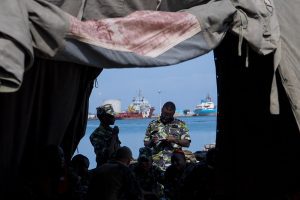
Approaches to maritime governance: Coordination instruments in Seychelles and Kenya
One of the core challenges of governing the maritime in order to achieve the goals associated with maritime security and the blue economy is the coordination of the different governmental agencies implementing policies at sea and those societal actors that use the sea. Our recent meetings with practitioners in Kenya ...
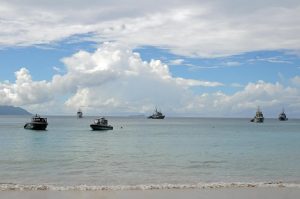
Seychelles: Small Country – Big Lessons for Capacity Building
Famed for its idyllic beaches and pleasant tropical climate, and with a population of less than 100,000 permanent residents, Seychelles is perhaps the archetypal small island state. It is also an increasingly important actor in the maritime security of the Western Indian Ocean region. This is in large part due ...
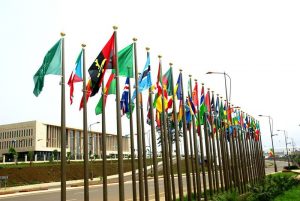
Africa’s Lomé Charter on maritime security: What are the next steps?
Edwin Egede, Cardiff University The African Charter on Maritime Security, Safety and Development in Africa (the Lomé Charter) is the outcome of the African Union Extraordinary Summit held in Lomé, Togo in October 2016. The idea of the Lomé special session was to build up on the results of previous ...

Why be a pirate? Understanding motivations for piracy
By Zamzam Tatu, M&C Saatchi World Services, Kenya Following primary research recently conducted at Montagne Posse Prison, Seychelles, little has changed behind the drivers to commit maritime crime. To prevent piracy, a more nuanced approach to understanding the behaviour might be key to a solution. Maritime crime, piracy and Somalia ...
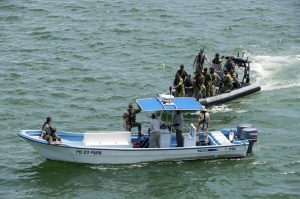
Does capacity building stand for a new era of international engagement?
Capacity building is the core term through which many global actors describe their international engagement today. While the concept of "capacity building" is anything but new, its arrival in international security discourse is relatively recent. Are we witnessing a major shift in terms of how security actors plan, implement and ...
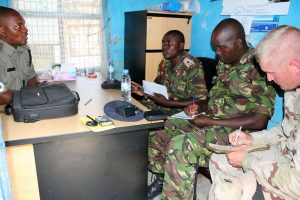
What knowledge does capacity building need? The fallacies of epistemic determinism
Inherent in contemporary understandings of capacity building is the idea that if a country possesses the right knowledge and technology then it will be able to handle the challenges associated with the Sustainable Development Goals. In consequence, much emphasis of capacity building work is on transferring technology and knowledge to ...
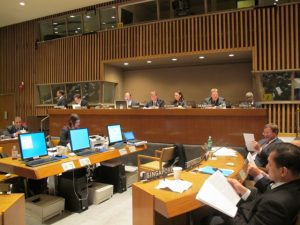
The contact group at 20: Challenges for the upcoming plenary
In July 2017 the Contact Group on Piracy off the Coast of Somalia (CGPCS), the main global governance body steering the international campaign to address Somali piracy, will hold its 20th plenary meeting in Mauritius. What issues will the CGPCS have to face and what should we expect from the ...

Towards Blue Justice: Common Heritage and Common Interest in the Maritime
Peter Sutch, Cardiff University The importance and complexity of our political, economic and environmental relationship to the sea makes the evolution of a contemporary normative vision of the maritime essential. We need Blue Justice for the blue economy and for the increasingly contentious politics of the maritime. In this blog ...

Thinking Blue Economy and Maritime Security together
The Blue Economy and Maritime security are two of the major frameworks for the contemporary discussion of ocean governance. Although some efforts have been made to define what the blue economy consists of, it is yet another fuzzy term with indeterminate meaning of the ocean governance agenda. The term has ...
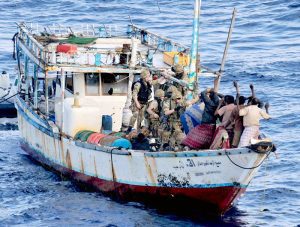
Somali sea hijack is a warning signal
The hijacking of the Aris 13 tanker by Somali pirates last week was a warning signal - it reiterates the importance of maintaining international counter-piracy efforts while also building the capacity of western Indian Ocean states to manage and develop their own maritime security needs. SAFE SEAS published a commentary on ...
